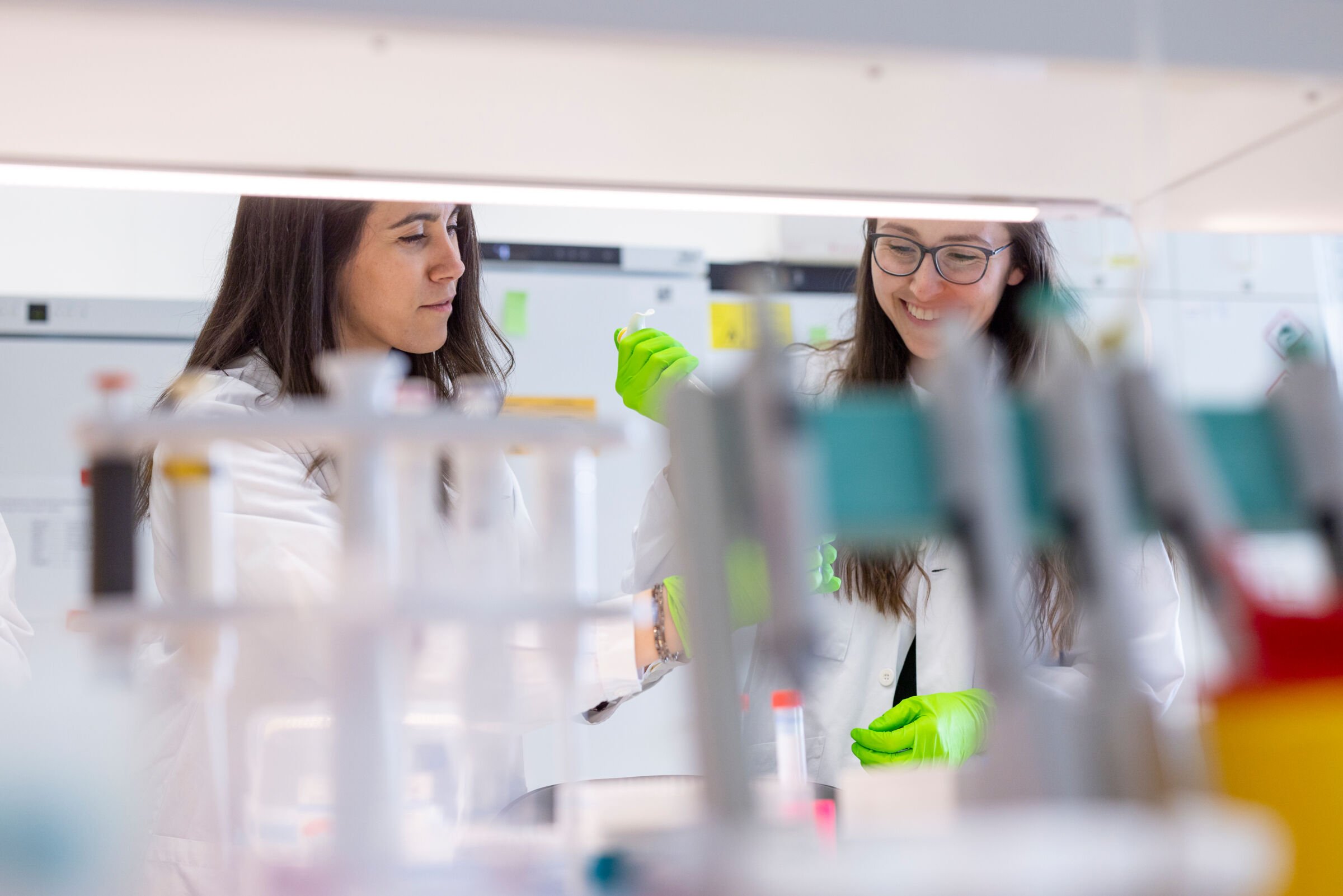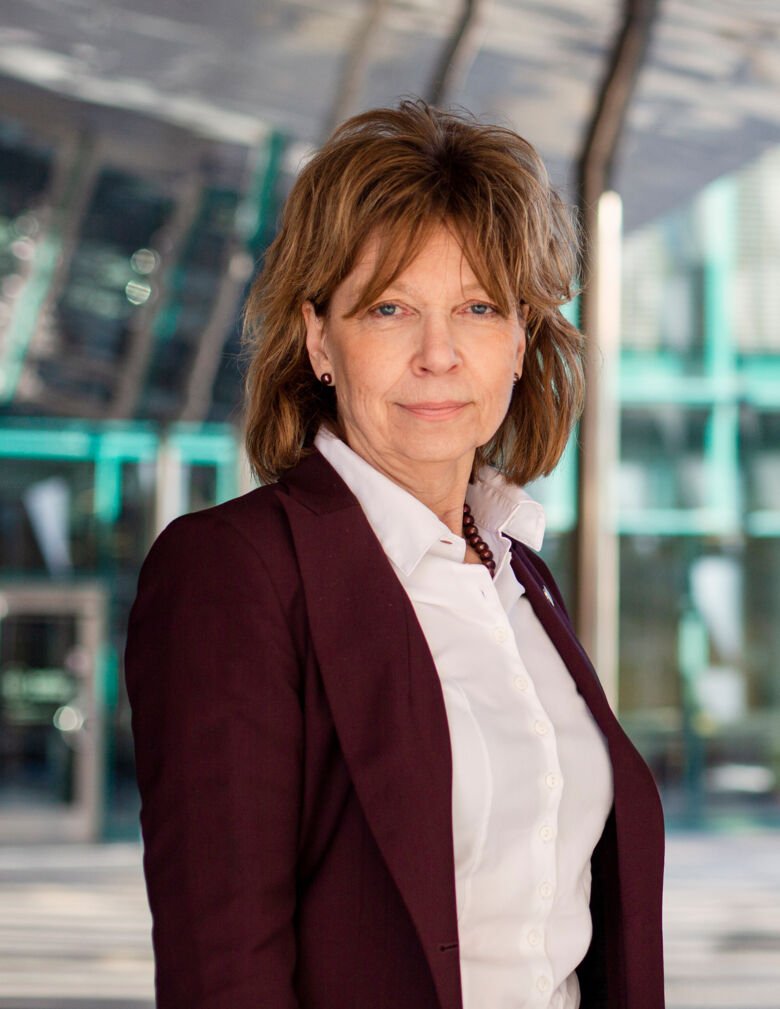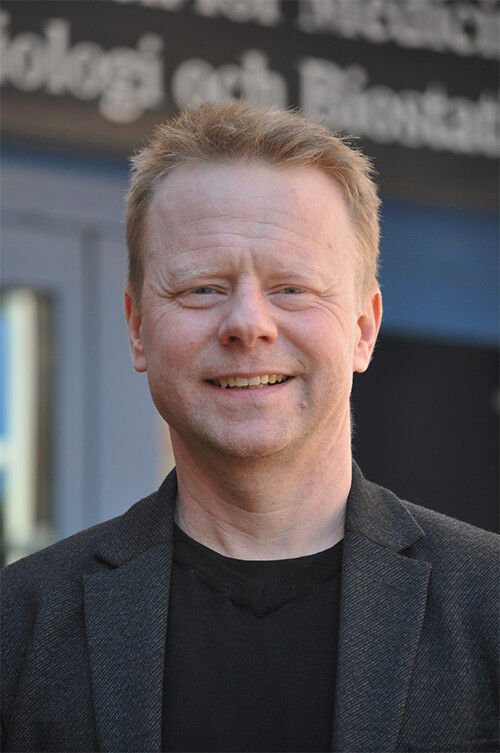KI joins CoARA for the advancement of research assessment

CoARA (Coalition for Advancing Research Assessment) is led by a number of EU organizations with the aim of advancing how research is assessed in order to maximise its quality, transparency and impact. KI has now signed the agreement together with a number of other Swedish universities.
The purpose of the international Coalition for Advancing Research Assessment (CoARA) is to develop and improve how research is assessed.

"It is extremely important for KI that we promote both quality in research and good conditions for researchers," says KI president Annika Östman Wernerson. "CoARA offers a context for developing how we evaluate research of high quality, and it is important that we play a part in this development, both nationally and internationally. This is a long-term commitment that emphasizes the diversity of research and researchers, and creates greater opportunities for the societal participation."
CoARA is based on four commitments that include acknowledging the diversity of research and prioritizing qualitative assessment based on peer review.

"There has long been a system in place whereby research is assessed on the basis of things like which journal has published the results," says Patrik Magnusson, senior researcher and chair of the Open Science Working Group at KI. "This has created a kind of contest that is run by profit-driven journals beyond the control of academia. Admittedly, this has provided a simple way of measuring research output, but it increases the risk that important research gets ignored."
Responsibility in a broad sense
Commitments in CoARA also include abandoning the inappropriate use of quantitative bibliometric measures when, for instance, hiring or awarding project grants. Neither should rankings of universities, which are often based on bibliometrics, be a primary factor in assessment of research and researchers.
"It’s not unheard of, I’m afraid to say, that talented researchers get overlooked in recruitments, in the composition of research groups or funding applications simply because they are not employed at a known institution," he explains. "The same goes for research articles that don’t get published, despite being scientifically important."
Dr Magnusson points out that there have been fears that a new assessment system might disadvantage distinguished universities and their researchers, but that such fears should not stand in the way of progress in research assessment.
"It’s all about taking responsibility in a broader sense. We have talented people at KI, so we need to help promote developments and improvements, which we’re doing by contributing to the development and demonstrating that we prioritise research quality today and in the future."
Requirements from funders
The Swedish Research Council, which funds Swedish research to the tune of around SEK 8 billion a year, is one of many organisations that has signed and joined CoARA.
"The demands on quality and transparency imposed by the financiers are increasing," says Patrik Magnusson. "Ultimately, it’s about making sure that research funding is used in a responsible way that leads to the best possible research. This is one of the main reasons why we strive for a fairer way of assessing research."
KI Open Science Working Group was set up in 2022 in order, amongst other things, to draw up a plan of action for the promotion and incorporation of an open science system.
According to a government decision, all Swedish universities are to have an open science system in place by 2026. These efforts are now being advanced through the CoARA agreement.
"We'll now work on a plan for how to go about transitioning towards CoARA’s goals,” says Dr Magnusson. “The plan has to be ready within a year’s time and will take into account our particular conditions at KI. I think there will also be opportunities, at both a national and international level, for harmonising this work."
More transparent research
It is no easy task to change an established system. It needs to be done on an international level to ensure that it engenders genuine improvements and actually works in practice. The hope is that CoARA will lead to rigorous research with much higher status than today.
"Reliable research will be in the spotlight and will have a higher value," says Patrik Magnusson. "This will increase the incentives for transparency, reproducibility and making research data and methods accessible. In the long run, it can also help direct more attention to alternative career paths in research."
CoARA in brief
CoARA (Coalition for Advancing Research Assessment) has been developed through the broad cooperation of organisations and on the initiative of the EU Commission, Science Europe and the European University Association (EUA) in order to maximise the quality, effectiveness and impact of research.
By October 2023, almost 650 organisations had signed the agreement.
